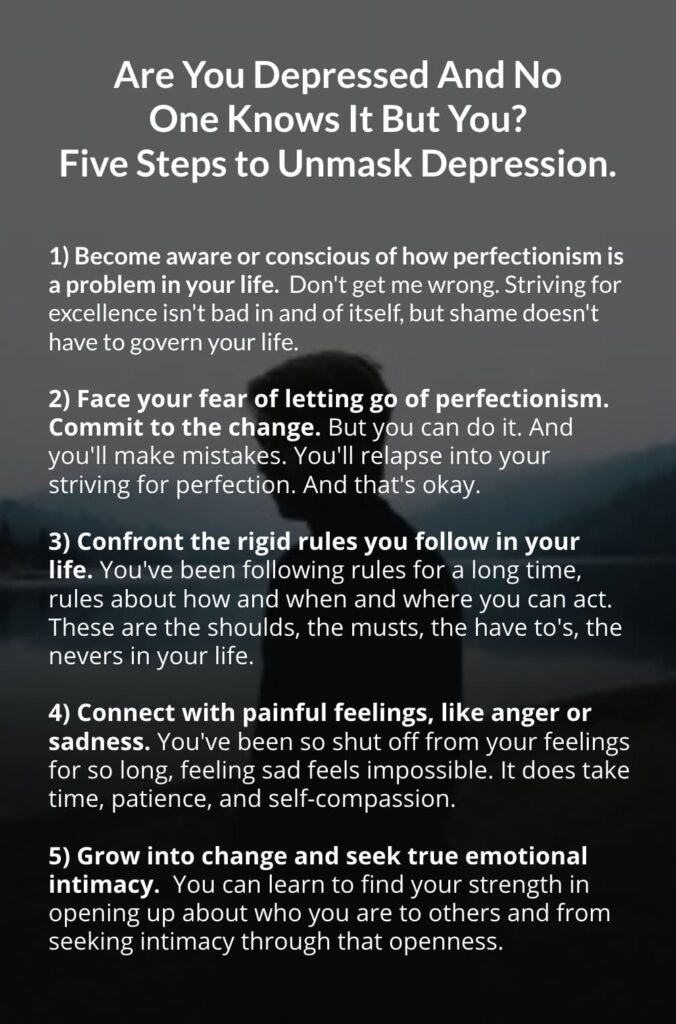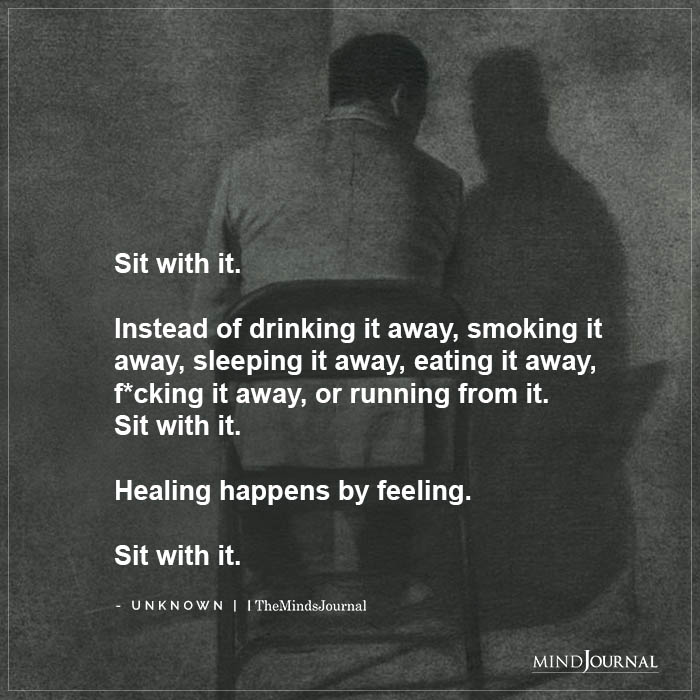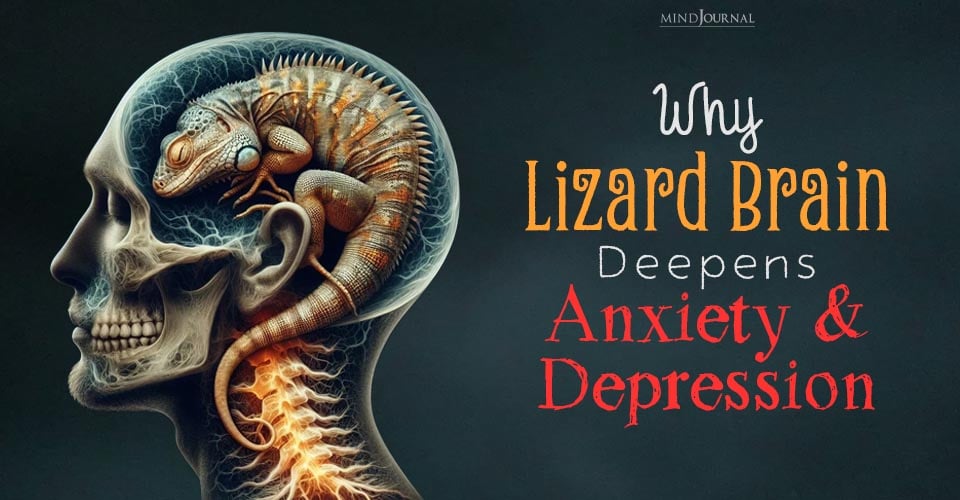Depression wears many faces. Far too often, no one can see it because it doesn’t look like classic depression; instead, it’s cloaked beneath the facade of the perfect-looking life. The mask of looking in extreme control hides your actual reality from everyone around you…and perhaps even yourself.
Who wears this face?
She’s Janet, the professionally successful young woman who years ago woke up alone and naked in a hotel room, not remembering how she’d gotten there. She knew she’d been raped, but she quickly found her clothes, went home, and stayed silent. Why? The shame and fear were too great and she’d been taught as a child that pain needs to be shuttered away.
“I put it out of my mind,” Janet tells me now, smiling. “Plus it was so long ago.”
But why was she in therapy? She throws up at least twice a day – and has for years.
Then there is Vanessa, the impeccably dressed mother and wife who’s very active in the volunteer community; everyone relies on her, respects her, and loves her. They don’t know that she’s developed a growing panic that makes her dread social gatherings. She swallows Xanax and wine to cope. I ask her when her depression began and she looks at me, somewhat surprised, ”Oh, I’m not depressed. I don’t cry or anything. I have far too many blessings in my life to be depressed.”
Or he’s Jay, the man you can always count on; always willing to go the extra mile for someone else. He’s a divorced and remarried father, a successful lawyer who came into therapy because his wife dragged him into couples counseling, which went well. He called back months later, ”I’d like to talk to you by myself.”
Old hurts had been banished from his psyche. He’d been sexually abused by a grandfather who’d also been his major go-to support, teaching him to fish and hunt. He’s confused and doesn’t know why he constantly has to be busy.
Related: 13 Habits of People With Concealed Depression
Perfectly hidden depression…
Each one of these people is experiencing what I termed perfectly hidden depression. Janet, Vanessa, and Jay had learned that emotional survival – a kind of pseudo-safety – could be found in seeming as if they were in control – looking as if nothing was painful. Or even that they had the world by the tail. And the most recent research on perfectionism shows that this trap of “the better I do, the better I’m expected to do” can lead to true danger.
Does this sound familiar to you? Do you recognize yourself in these stories? And if so, how do you change? How do you stop hiding?
Here are the five steps I recommend for healing.
These five things can lead you into acknowledging your own vulnerability and finding self-acceptance, which is the antidote for shame.

1) Become aware or conscious of how perfectionism is a problem in your life.
Don’t get me wrong. Striving for excellence isn’t bad in and of itself, but shame doesn’t have to govern your life.
If you don’t realize that perfectionism is encroaching on your joy, if you don’t recognize that you’re growing lonelier and more despairing, then it’ll be difficult to address it as something you need and want to change.
Instead, you could be escaping your pain in various ways: alcohol, prescription medications, eating problems, or obsessive behaviors are some of the most common. But all of that is kept secret from others, and perhaps even from yourself.

2) Face your fear of letting go of perfectionism. Commit to the change.
Make a commitment to changing your facade of perfection. This is very hard with perfectly hidden depression. After all, on the surface, all seems fine. No one is worried about you, or texting, “Hey are you okay?” No one. So it’s easy to hide. It’s easy to put out another smiling selfie and pretend that the gnawing sadness isn’t really there.
But you can do it. And you’ll make mistakes. You’ll relapse into your striving for perfection. And that’s okay.
Related: How to Stop Perfectionism From Controlling Your Life
3) Confront the rigid rules you follow in your life.
You’ve been following rules for a long time, rules about how and when and where you can act. It’s time to challenge those rules. These are the shoulds, the musts, the have to’s, the nevers in your life. And there are probably a bunch of them.
For example, “Your needs must never come first. That’s selfish.” Realize that you’re human just like everyone else, so you get tired and used up; you need support yourself. That’s not selfishness, it’s self-awareness and allows you to recharge.
4) Connect with painful feelings, like anger or sadness.
I’ve had many people tell me, “If I start talking about what I am sad (or angry) about, the pain will never end. It will suck me under.”
It’s too frightening to emotionally go there. Or perhaps you don’t even know how. You’ve been so shut off from your feelings for so long, feeling sad feels impossible. It does take time, patience, and self-compassion.
There is frequently something in your personal history that got all this started. You adapted. But now, that original trauma or dynamic that created the need to hide needs to be identified, talked about, and worked through gently and compassionately. That may take some time and working with a therapist might be in order.
5) Grow into change and seek true emotional intimacy.
You can learn to find your strength in opening up about who you are to others and from seeking intimacy through that openness. Those who love you may have been concerned about how much you take on, or how you never seem to flinch. Yet others may have counted on you not to or need to look perfect themselves. The second pattern can be a problem in taking the risks that lead to change.
Related: How Self-Compassion Can Fight Perfectionism
So you have to assess your relationships for their safety and choose to feed those that support you in your newfound openness and vulnerability.
Taking these steps is more than worth it. Simply but honestly put – they may save your life.
Written By Margaret Rutherford Originally Appeared On Dr. Margaret Rutherford










Leave a Reply